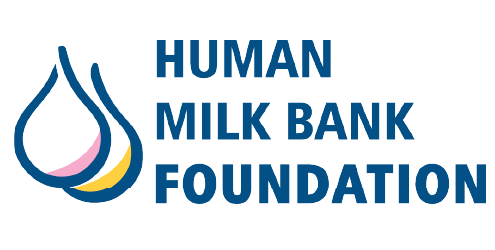Human milk bank in emergency – donor milk as a bridge to mothers own milk.
22 June 2023 at 17:30-19.00
Human milk bank in emergency – donor milk as a bridge to mothers own milk.
Thanks to the human milk banking, it is possible to feed babies born prematurely and hospitalized for a long time with human milk. However, in a crisis, human milk bank resources should also be available to children born at term, who, for various reasons, cannot be breastfed by their biological mothers. Milk banks should be involved in humanitarian aid directed to mothers of infants affected by a crisis. During the last webinar within the series “Supporting mothers in feeding children in a crisis”, dr. Kiersten Israel-Ballard and Kimberly Mansen will present global standards for the operation of human milk banks, the dynamics of their development and system limitations affecting unequal access to banked milk. Alessandro Iellamo will sho, how the potential of milk banks can be used in crisis situations. And dr. hab. Aleksandra Wesołowska will share her experience how, although human milk was available in milk banks, it was not given to children of mothers who were forbidden to breastfeed due to SARS-COV-2 or active COVID-19 infection. Unfortunately, in Poland the infrastructure of milk banks was not used to deal with the effects of the COVID-19 pandemic. Children and their mothers suffered for procedural reasons – we cannot allow this to happen in the future.z powodów proceduralny – nie możemy dopuścić do takiej sytuacji w przyszłości.
Speakers
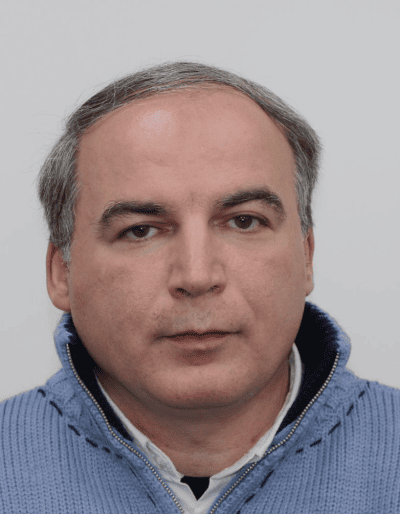
Alessandro Iellamo
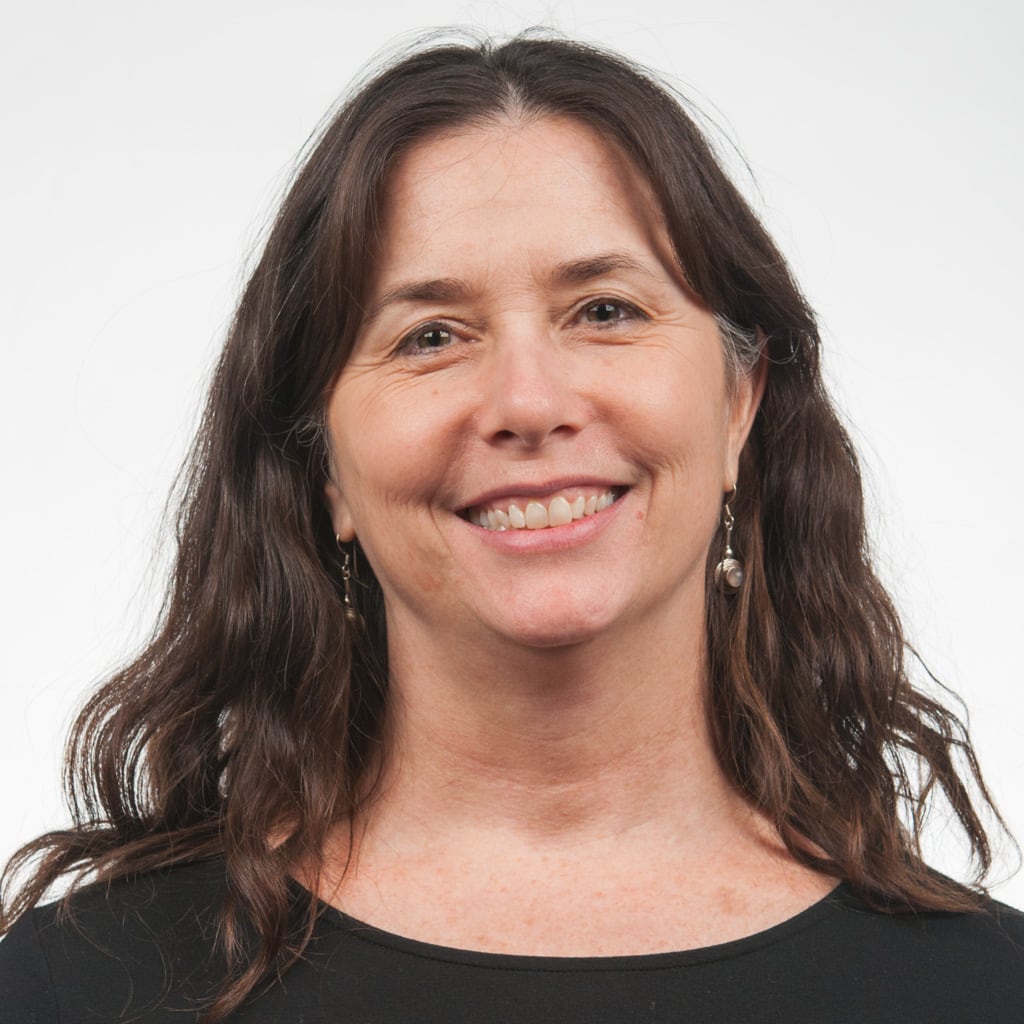
Dr Kiersten Israel-Ballard, DrPH
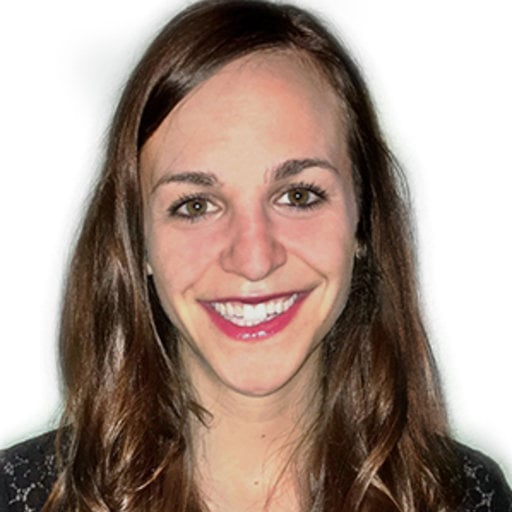
Kimberly Mansen, MSPH, RDN
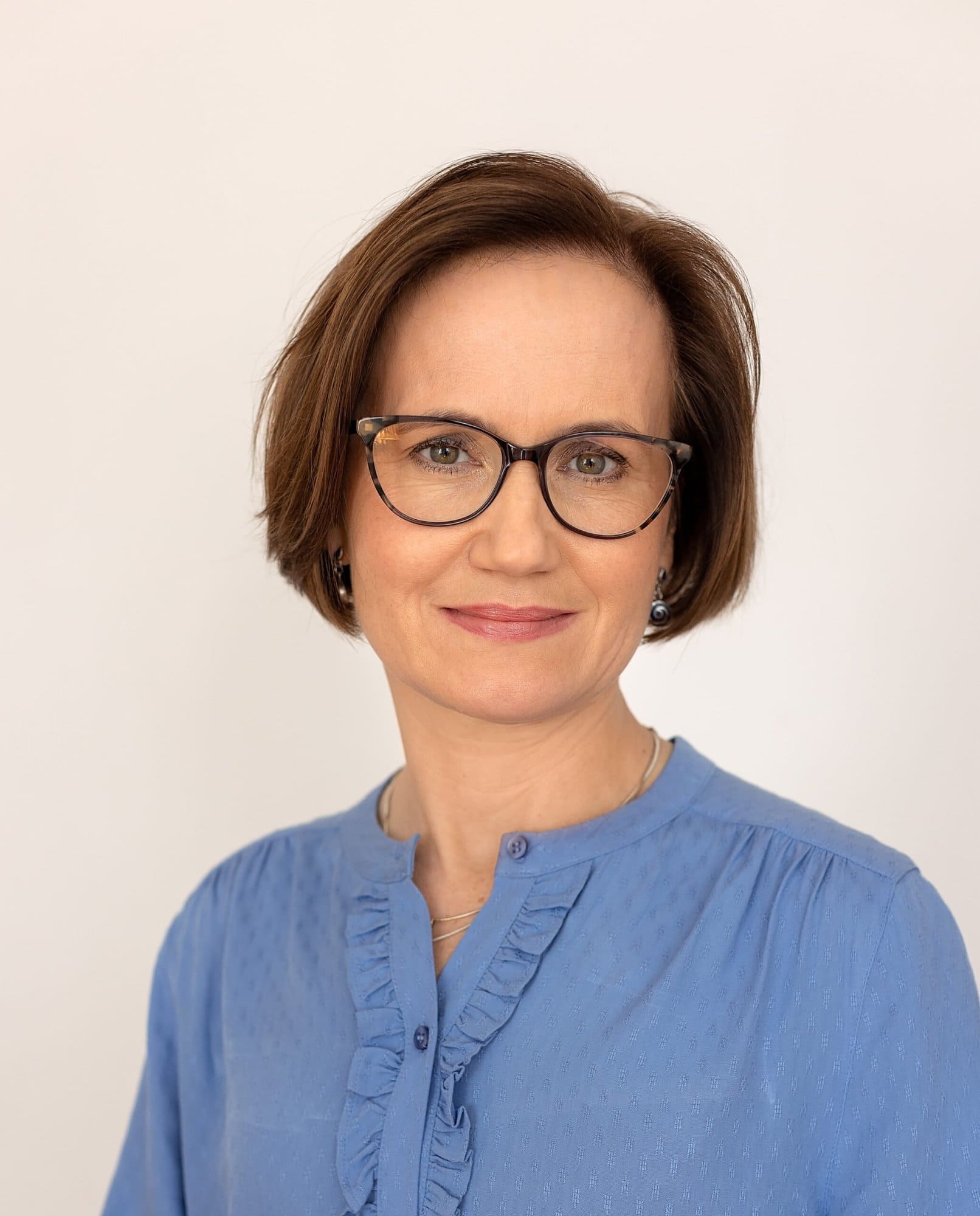
dr hab. n. o zdr. Aleksandra Wesołowska
Webinar:
Pozostałe webinary
Options for feeding children in emergency: breastfeeding, re-lactation, milk sharing and wet nursing. Programming for infant formula dependent babies. 25 May 2023
Options for feeding children in emergency: breastfeeding, re-lactation, milk sharing and wet nursing. Programming for infant formula dependent babies.25 May 2023 at 17:30-19.00 Options for feeding children in emergency: breastfeeding, re-lactation, milk sharing and...
Breastfeeding and nutrition counseling in emergencies. 27 April 2023
Breastfeeding and nutrition counseling in emergencies.27 April 2023 at 17:30-19.00 Breastfeeding and nutrition counseling in emergencies. In the event of a natural disaster or war, there is a huge risk of malnutrition among people affected by the crisis, especially...
WHO guidelines for ethical distribution of modified milk in emergencies 30 March 2023
WHO guidelines for ethical distribution of modified milk in emergencies. 30 March 2023 at 17:30-19.00 WHO guidelines for ethical distribution of modified milk in emergencies. The marketing activities of companies producing breastmilk substitutes should be strictly...
